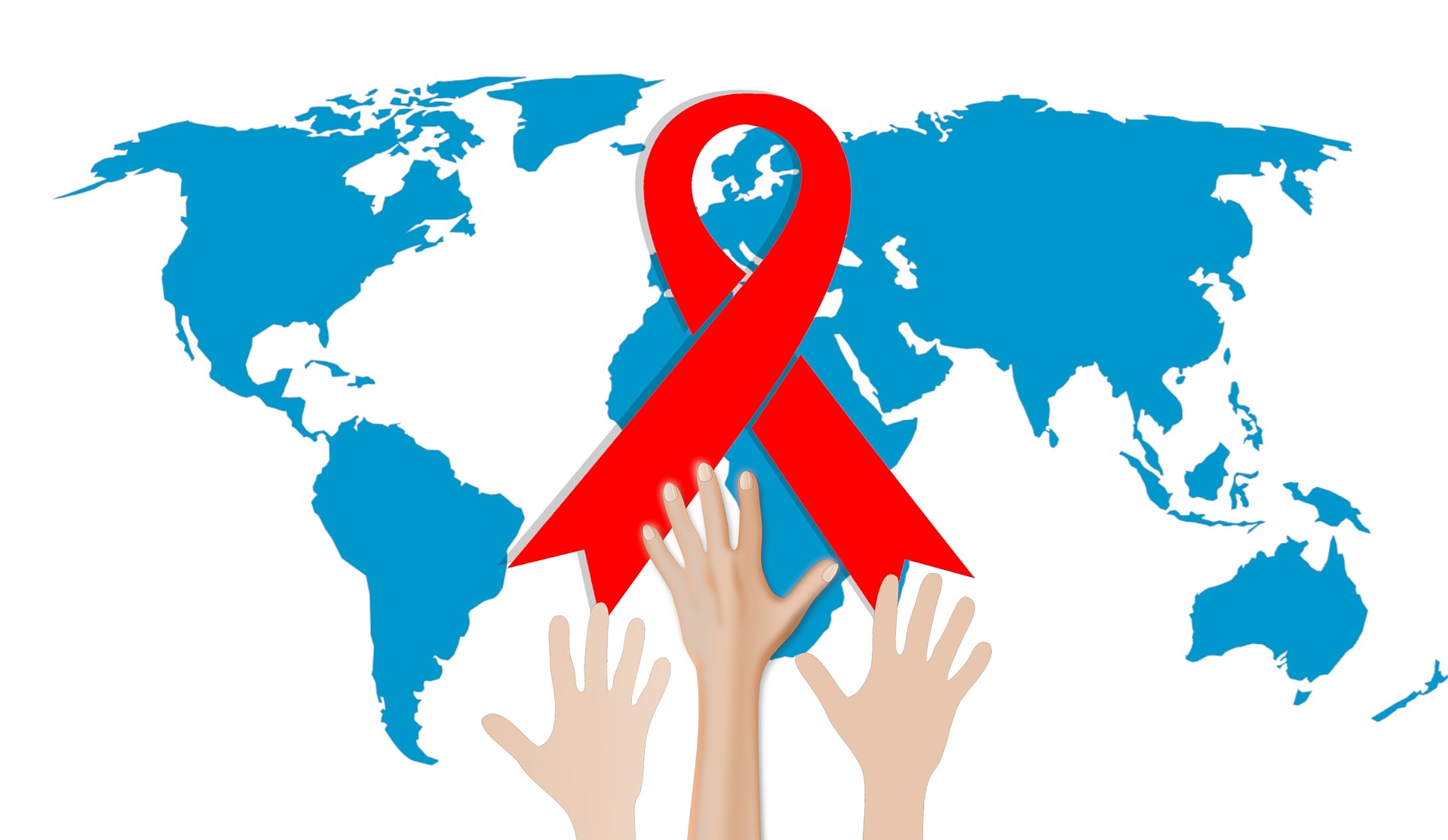The COVID-19 pandemic has brought several changes in our lives. From our daily routine to social isolation, a lot has changed because of this pandemic. Every individual reacts differently to these situations. Some are stressed while others are facing anxiety and fear. There is enough evidence to show that there has been a major increase in the number of cases related to mental health. Health Wire spoke to Shobana Mahansaria, Director of Core Fit Plus, to under how to cope with mental health-related issues during the pandemic. Here are excerpts:
How Exercise Can Boost Mental Health in Young Adults
A pandemic is more than simply a medical event; it impacts people and society, causing disruption, worry, stress, stigma, and xenophobia. The conduct of an individual as a unit of society or a community has a significant impact on the dynamics of a pandemic, including the intensity, degree of flow, and after effects.
The rapid spread of COVID necessitated the implementation of regional lockdowns in order to prevent the sickness from spreading further. However, the stringent restrictions have clearly had an impact on the social and emotional health of people across the board.

What impact COVID-19 has on the mental health of youngsters?
Separation from loved ones, lack of independence, boredom, and uncertainty can all lead to a decline in an individual’s mental health. Young people are feeling a range of emotions as a result of the present world scenario.
What is the relation between exercise and mental health?
Exercise helps mental health by lowering anxiety, sadness, and bad mood, as well as enhancing self-esteem and cognitive performance.
Exercise has also been shown to help with symptoms such as poor self-esteem and social disengagement. Thirty minutes of moderate-intensity exercise, such as brisk walking three days a week, is adequate for these health advantages. Furthermore, these 30 minutes do not have to be continuous; three 10-minute walks are seen to be as beneficial as one 30-minute stroll.
What kind of exercise is good for mental health?
Aerobic workouts such as running, swimming, cycling, walking, gardening, and dancing have been shown to alleviate anxiety and sadness. These mood benefits are thought to be mediated by an increase in blood circulation to the brain generated by exercise, as well as an effect on the hypothalamic-pituitary-adrenal (HPA) axis and, as a result, on the physiologic responsiveness to stress. This physiological influence is most likely mediated by the HPA axis’ communication with several brain regions, including the limbic system, which controls motivation and mood; the amygdala, which generates fear in response to stress; and the hippocampus, which plays an important role in memory formation as well as mood and motivation.
Is there any evidence or data to suggest that people face mental health-related problems more during the pandemic?
The most common stated mental health difficulties were stress, anxiety, sadness, sleeplessness, denial, wrath, and fear. Children and the elderly, frontline workers, and persons with pre-existing mental problems were among the most susceptible in this environment. Suicides linked to COVID-19 have also become more prevalent. Globally, steps have been done to address mental health concerns via the use of guidelines and intervention procedures. Social media has also played a significant influence in this environment. The government of India has released state-specific intervention plans, telepsychiatry consultations, and a toll-free helpline for psychiatric and behavioural concerns.











